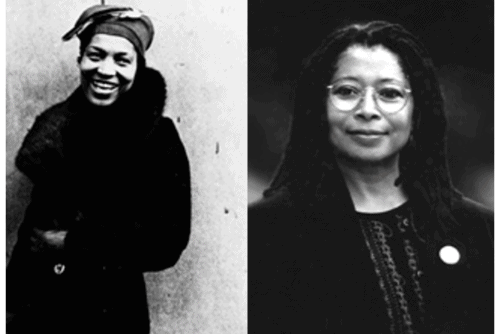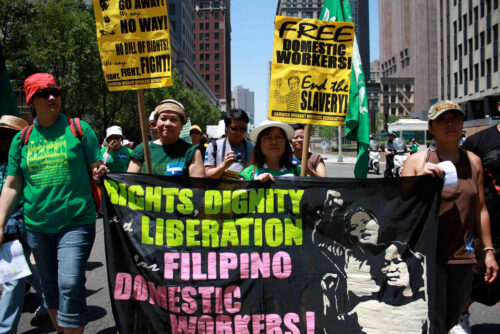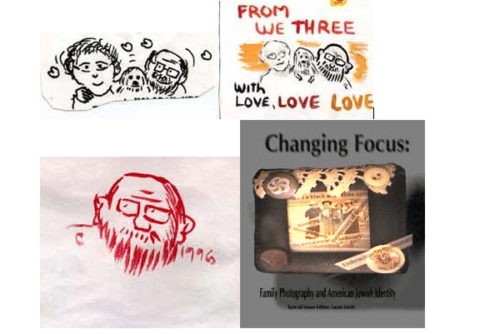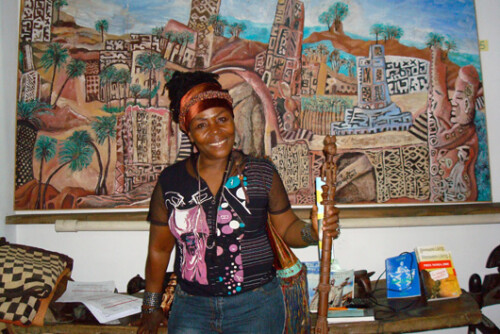On the evening of Sunday, January 10, 1932, Zora Neale Hurston premiered her folk revue The Great Day at the John Golden Theatre in New York. Based on four years of anthropological research in the southern United States and the Bahamas, the concert traced a day in the life of a railroad work camp, from daybreak until dusk, with a West Indian Fire Dance serving as the climactic finale. As curtain time approached, Charlotte Osgood Mason, Hurston’s vigilant white patron who had financed much of her research and loaned additional funds for the concert, sent a communiqué to Alain Locke, the renowned black intellectual who frequently served as a liaison between Mason and Hurston. Voicing her fears about the imminent public exposure of Hurston’s stage material, Mason told Locke, “If it is at all good, there will be lots of people [who] want to make money out of it.” She promptly charged Locke with the somewhat improbable task of insulating the performance and performers from the advances of these prospective profit-seekers. “Do try to protect the material from being exploited and stolen,” she instructed him. “Keep your eyes open over the audience. Warn actors not to promise to do these things for any other producer.”1 While Mason’s anxieties cannot be fully understood apart from her own proprietary claims over Hurston’s work or her antitheatrical bias—issues I discuss elsewhere—her comments are pertinent here because they proved surprisingly prophetic.2 For, if the success of The Great Day is to be measured by the amount of interest it generated from outside parties, then the production must be considered a hit: In the months and years that ensued, Hurston’s concert material in general, and the Bahamian Fire Dance in particular, were in high demand.
- Charlotte Mason’s notes to Alain Locke, 10 January 1932, Alain Locke Papers, Manuscript Division, Moorland Spingarn Research Center, Howard University [hereafter ALP]. [↩]
- I address the complex effects of Charlotte Mason’s patronage on Hurston’s concert undertaking in my current book project, Choreographing Authenticity: Zora Neale Hurston and the Staging of Black Folk Dance. For a fuller account of the relationship between Hurston and Mason, see Robert Hemenway, Zora Neale Hurston: A Literary Biography (Urbana: University of Illinois Press, 1977), Valerie Boyd, Wrapped in Rainbows: The Life of Zora Neale Hurston (New York: Scribner, 2003), and Carla Kaplan, ed., Zora Neale Hurston: A Life in Letters (New York: Doubleday, 2002). [↩]




